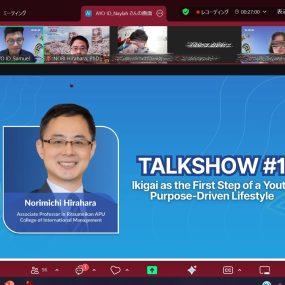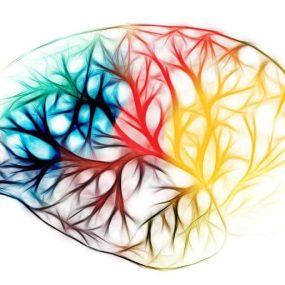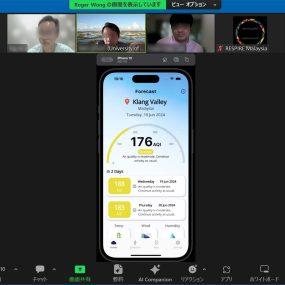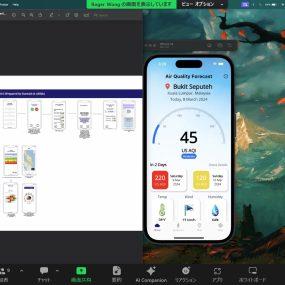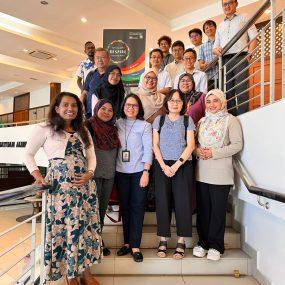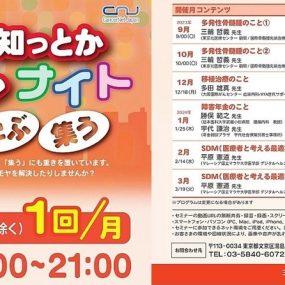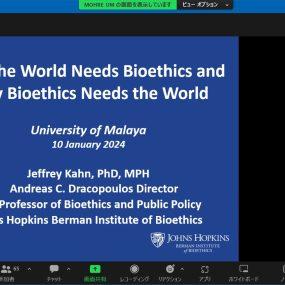Webinar for ASEAN Youth Organization|歴史あるASEAN Youth Organizationで「いきがい」ウェビナー登壇
Yesterday, I gave a webinar on “Ikigai” at the request of the “ASEAN Youth Organization/AYO”, a very well-known non-profit organization in ASEAN even by prime ministers across ASEAN. With 45 minutes of lecture and 15 minutes of Q&A, I was very happy to hear good questions from the audience. We had 100 young and bright
